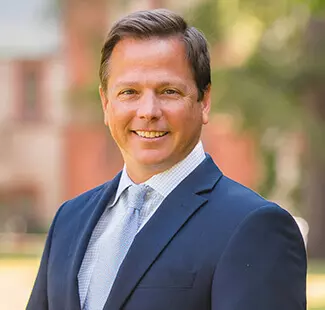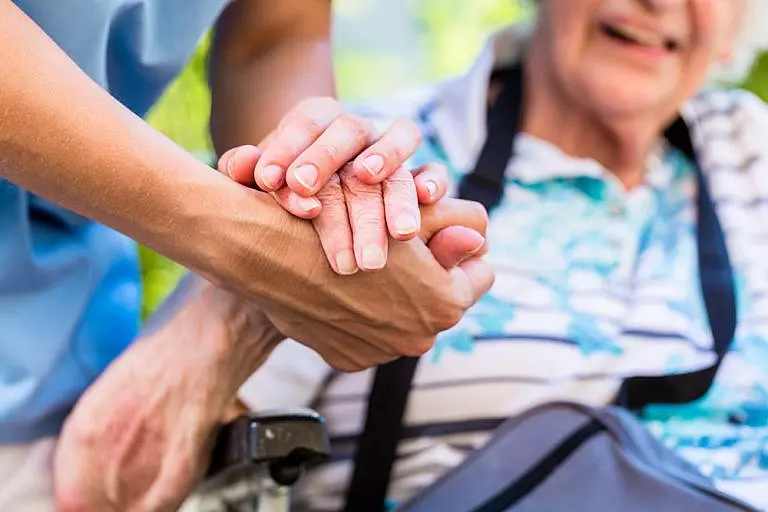Written by Attorney Daniel M. Surprenant, Esq., CELA
Good News! Our office has recently, successfully, implemented a strategy to help a family keep more income while one of the spouses needed long term care paid for by Medicaid (a.k.a. MassHealth)! We thought we’d take a moment to write about this in case you or a loved-one is in need of similar help.
First, a little background: When a spouse needs long term care, either in a nursing home or in the couple’s own home, we are often applying for Medicaid/MassHealth to help pay for that care. Our office is very experienced in following the rules to save as much as legally possible for the family, including the house, and to get MassHealth in place to pay for the care. We’ve been doing that for years and it is very helpful to families. Nothing new there.
The Problem: The problem in many cases is that the nursing home spouse loses most of their income to the nursing home (called the Patient Paid Amount). The more income that the nursing home spouse has, the more he loses (and the less MassHealth pays). While there is some minimum adjustment for low-income spouses, this can be a real issue for a spouse at home who does not have very much of their own income to live on. Also, the rule has the effect of discriminating against women who did not work outside of the home as much as their husbands and therefore have much less social security or pension in retirement. If the wife happens to be the spouse at home and the husband needs care, the family loses a much greater share of the household income than if the roles were reversed. If only it didn’t matter who got sick. If only the spouse at home could keep income no matter if that person was the husband or wife.
The Solution: The In-Marriage QDRO. A QDRO is a Qualified Domestic Relations Order signed by the Court to assign income of one spouse to the other, traditionally used in the context of a divorce. However, a QDRO need not be in the context of a divorce, according to the Department of Labor, ERISA and most recently a Probate Court, retirement system and MassHealth here in Massachusetts. While it has been done in many other states, we believe our case was the first in Massachusetts to successfully assign income from one spouse to another and receive approval from the Court, the pension system and MassHealth. After the proper Court filings, argument in court, legal memorandum and follow-up with both the retirement system and MassHealth, the wife at home (we shall call her “Betty” for today) now gets to keep her husband’s income. Betty was struggling to pay her bills and was choosing between paying bills and paying for groceries. Now Betty is able to breathe easier and to pay all for her bills. The household income is preserved, regardless of which spouse earned it.
We believe this process can also be used in the context of “Community MassHealth,” which is a program to help seniors receive care at home and stay out of a facility. Beyond the asset limits under the Community MassHealth regulations, there is an income limit for the sick spouse of $1,063 or $2,349 if he/she is a “frail elder.” If the senior is $1 above that limit, he/she is denied the assistance. For instance, traditionally the husband might be over the income limit, while the wife might be below. Despite that the overall family income is the same, one spouse can receive help in the home but the other cannot. We believe the In-Marriage QDRO strategy will help in certain cases to qualify the senior who is over-income (usually the husband), by moving some of his income (to his wife). In this way, the seniors can be cared for in their home no matter which spouse needs the care first.
Please know that, as with all strategies, this is not for everyone. The QDRO will not allow everyone to qualify for MassHealth, and it should not. Some clients simply have too much money and/or tax ramifications to apply for MassHealth. Some income cannot be transferred. The rules are complicated. However, in the right case with the right facts, it can be a wonderful solution to help a spouse at home keep more income. That was great news for Betty and may be for many more in the future.

©Surprenant & Beneski, P.C. 35 Arnold Street, New Bedford, MA 02740, 336 South Street, Hyannis MA 02601 and 45 Bristol Drive, Easton MA 02375. This article is for illustration purposes only. This article does not constitute legal advice. There is no attorney/client relationship created with Surprenant & Beneski, P.C. by this article. DO NOT make decisions based upon information in this article. Every family is unique and legal advice can only be given after an individual consultation with an elder law attorney. Any decisions made without proper legal advice may cause significant legal and financial problems.
